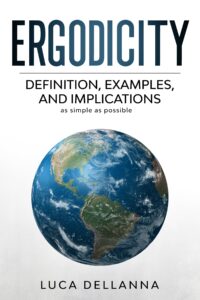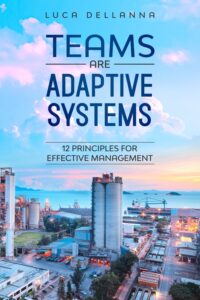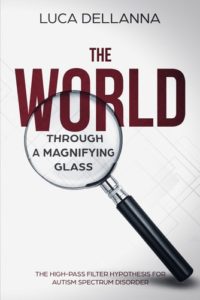Something is antifragile if it benefits from damage – just like muscles grow stronger after we damage their fibers by lifting weights at the gym.
Three examples of what is antifragile include:
- Our body: workouts make it stronger.
- Markets: financial crises cause unproductive firms to go bankrupt, therefore redirecting investments towards the remaining ones and making them stronger.
- The brain. Experience and mistakes cause our brain to remove faulty reasonings, therefore ending up stronger.
The term was first presented in the homonymous book by Nassim Nicholas Taleb. Here are some non-obvious examples to help you understand how the concept is present in everyday life.
Markets
Financial crises hit underperforming and inefficient companies the hardest. The companies that survive are usually those that can allocate their capital better. When the crisis finishes, and investors are willing to invest capital again, they will give it to the companies that will use it the most fruitfully. As a result, after an initial setback, markets grow stronger thanks to crises.
Conversely, a lack of crises allows zombie companies and bad entrepreneurs to survive and waste capital, making the market more inefficient and fragile. The antifragile gets weaker if it doesn’t get damaged.
The brain
The brain can be seen as a container of mental patterns and beliefs about how the world works and about what is good for us. In our lives, sometimes we get rewarded for our actions, and other times we get “punished.” Whenever the latter occurs, the mental patterns and beliefs that caused us to take the unfruitful action get damaged. As a result, our brain progressively gets rid of the mental patterns and beliefs that are unfit for the world we live in and reinforces those that are fit, ultimately making us able to thrive.
The brain behaves as an antifragile entity.
Conversely, lack of exposure to the real world or sources of information that might contradict our ideas allows unfit beliefs and mental patterns to survive, causing us to be weak and fragile to the environment outside our personal bubble.
Further readings
My book “The Power of Adaptation” discusses Antifragility more in-depth and explains how to become more Antifragile. You can find it in paperback or ebook form.
I have a monthly newsletter in which I post similar essays to the one above.







